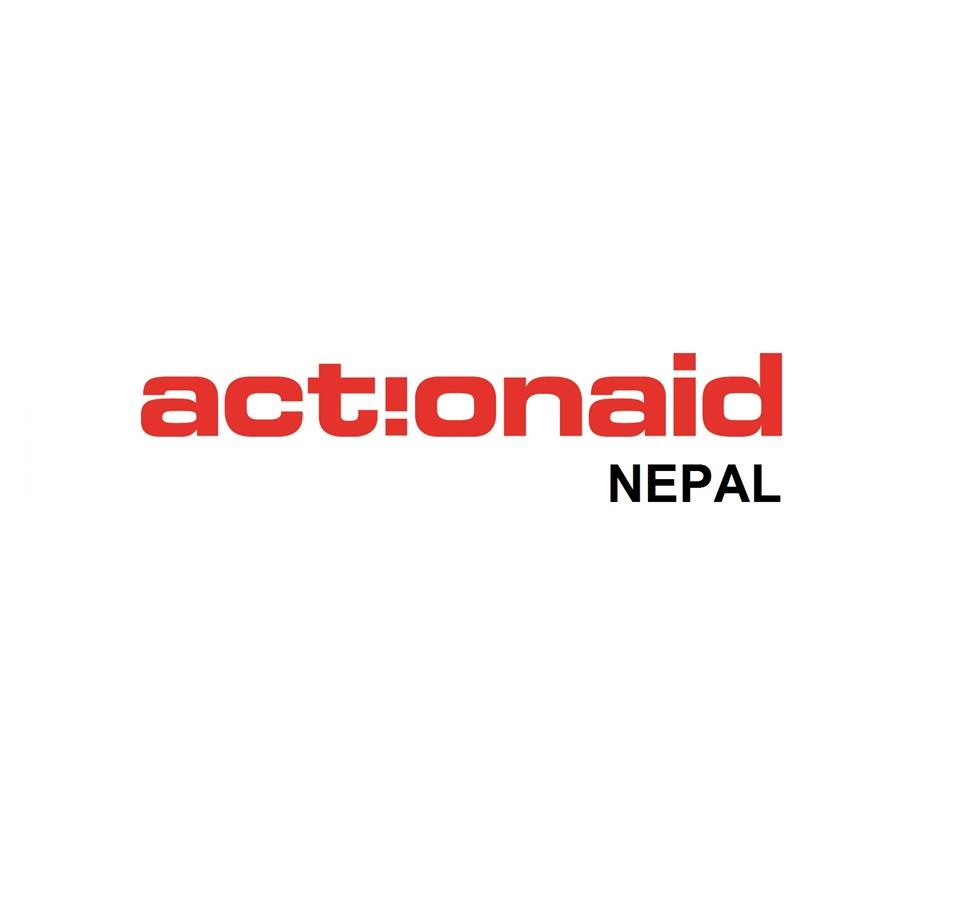

Policy stakeholders, including lawmakers, senior economists and experts have called for strengthening national accountability systems for aid effectiveness in Nepal.
At a launch of ‘An assessment of foreign aid effectiveness: Sources, use and development’ hosted by ActionAid International Nepal in the capital on Friday, speakers said foreign aid has spectacular role in the country having reform-oriented governments to address socio-economic needs and anchor overhaul in multiple sectors.
In his address to the event, Speaker of the House of Representatives (HoR), Dev Raj Ghimire, stressed measuring foreign aid effectiveness in a relative manner as it has helped address several national priorities.
“Comprehensive analysis with empirical evidences is required to claim the extent of effectiveness of foreign aid in translating national priorities into action”, he said, adding foreign aid, in its any forms and natures, should be accepted and spent aligning the stipulated national priorities to make the country self-reliant, and reduce socio-economic inequalities and backwardness.
The Speaker also highlighted the urgency of ensuring general people’s access to foreign aid in an equitable manner for which parliament is an effective mechanism.
Rendering comment on the study report, former minister Dr Minendra Rijal said governance loopholes should be fixed first to enable environment for effective aid spending and its outcomes. “Until and unless national systems perform well, foreign aid cannot be instrumental in financing socio-economic transformation of the country”, he noted.
Also speaking on the occasion, economist Dr Swarnim Wagle suggested drawing evidences on the effectiveness of remittances, taxes and foreign direct investment in addressing the country needs since these sources have higher share in the country’s Gross Domestic Production (GDP).
“Foreign aid contributes five percent to the GDP, so let us not create a narrative to make foreign actor the change agent of our economic architecture”, he said, underscoring enlightened conditionality while negotiating with bilateral and multilateral development partners for foreign aid.
Former finance minister Dr Yubaraj Khatiwada said foreign aid has helped Nepal in advancing several social reforms and welfare gains, so it should not be merely analyzed from economic dividends. “The country system should receive aid in a way to cater to the national plans, policies and priorities. We should also see the global power balance and geopolitics while accepting foreign aid as a vital instrument of development”, Dr Khatiwada suggested.
Feminist economist and GESI expert Bharati Silwal said as Nepal was recognized as a global leader in introducing gender-responsive budgeting, sustainability of such innovative measures had always been a big question. Calling for strong compliance to ensure aid harmonization and mutual accountability of receivers and donors, she also laid emphasis on adequate engagement of civil society organizations, including feminists in designing and delivering aid and budget spending measures.
Presenting the study findings, economist Dr Dilli Raj Khanal said enhancement of aid effectiveness cannot be enhanced without bold reforms in the structural, institutional and governance fronts. “Aid alignment is simply referred to development plans. How mutual accountability systems can be enhanced without outlining how the federal systems will be used to bring about required transformation in the economy with the support of development partners”.
Khanal is the author of the report.
The study has highlighted gaps between the existing aid policy provisions and implementation gaps. “There is hardly any linkage between the aid policies and aid effectiveness agenda as revealed by the comparative analysis of trends between the aid and some selected direct and proxy indices”, it was shared as findings.
Executive Director of ActionAid International Nepal, Sujeeta Mathema said the study was commissioned to assess the aid effectiveness in Nepal in light of aid policies and also in cognizant of the broad consensus at international level that the assistance has to be country-led, result-oriented, inclusive and transparent.